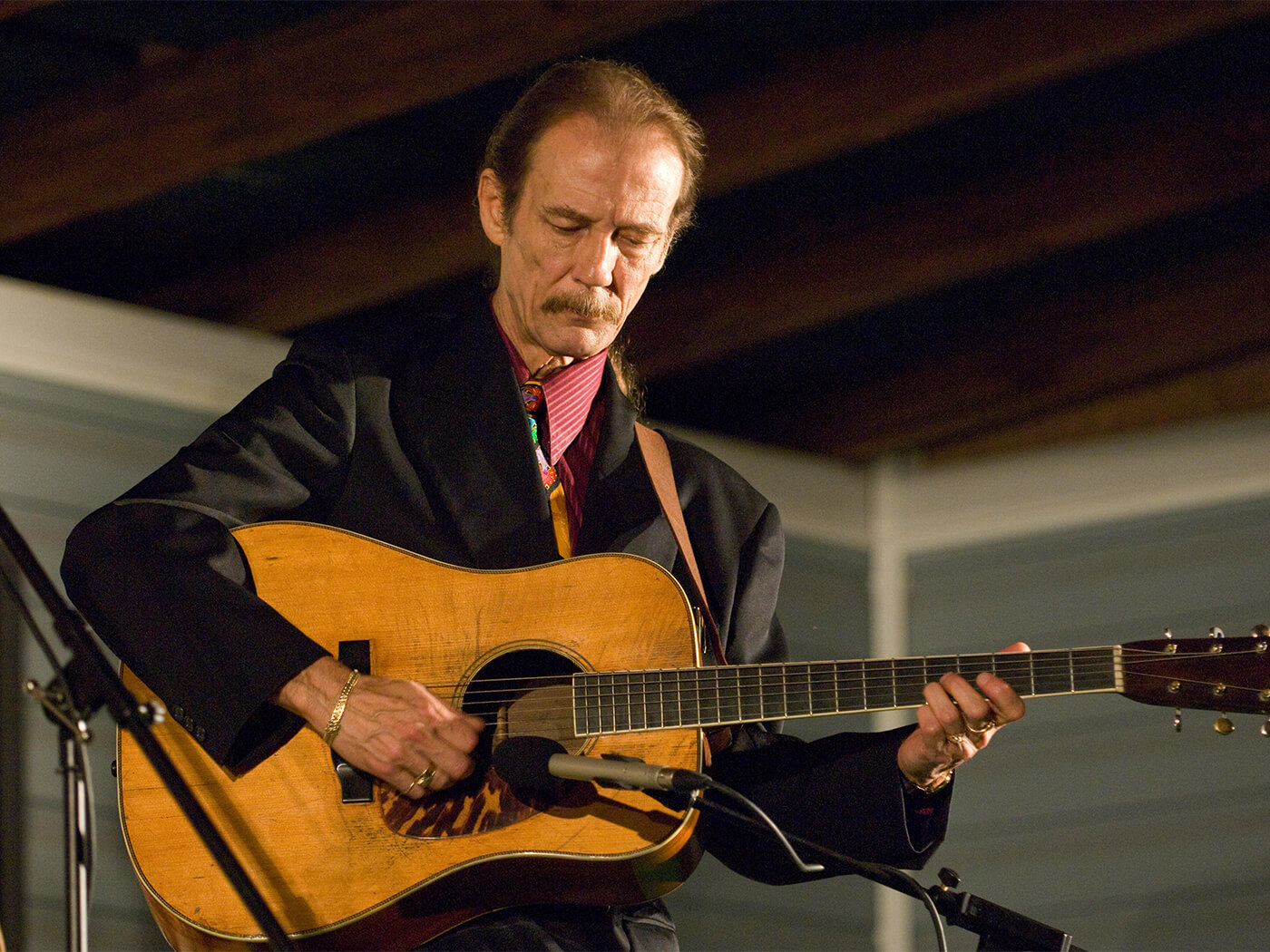Bluegrass icon Tony Rice dies at 69
His inimitable flatpicking style captivated and inspired an entire generation of players.

Photo: William Graham / Alamy
Tony Rice, one of the most accomplished and influential bluegrass players, has died at the age of 69.
Rice died on Christmas morning. News of his passing was revealed through a statement from the International Bluegrass Music Association, shared through social media.
“It is with a heavy heart we say goodbye to one of the most iconic voices & musicians in bluegrass,” the statement said. “David Anthony ‘Tony’ Rice passed away yesterday, Dec 25, at his home in Reidsville, NC. Few will ever match his skill & influence. Rest in Peace, Tony.”
It is with a heavy heart we say goodbye to one of the most iconic voices & musicians in bluegrass. David Anthony “Tony” Rice passed away yesterday, Dec 25, at his home in Reidsville, NC. Few will ever match his skill & influence. Rest in Peace, Tony.https://t.co/3M826iGIhe
— IBMA (@IntlBluegrass) December 26, 2020
Rice was revered for his melodic flatpicking talents, which has influenced scores of bluegrass players from the likes of Billy Strings, Ricky Skaggs and Jason Isbell. He was also a skilled singer and composer.
David Anthony ‘Tony’ Rice was born in Danville, Virginia on 8 June, 1951, but grew up in Los Angeles. He was first introduced to bluegrass by his father, Herb. Some of his earliest influences included country rocker Clarence White and the Kentucky Colonels.
At 19, Rice relocated back to the East Coast of the United States in pursuit of a career in music. He began playing professionally as a banjo player in the New South, the brainchild of bluegrass great J.D. Crowe.
Rice played on the New South’s landmark 1975 album, J.D. Crowe and the New South. The album – known amongst fans by its label catalogue number, Rounder 0044 – was crucial to the rise of progressive bluegrass, a genre that places much emphasis on taking improvised solos, while drawing elements from rock, jazz and beyond.
Straddling genres continued to play a big role in Rice’s own solo career. His 12 studio releases included many elements of jazz, bluegrass and folk. In a 1996 interview with Chief Noda, Rice gave his thoughts on the traditional bluegrass band configuration and how it plays into the more experimental spacegrass genre.
“If we have guitar, mandolin and fiddle, there’s no rule that we have to play bluegrass music,” he said. “We can play any music we want, especially since these instruments fit very well with each other. We can extend this concept and say we can play any music that we can enjoy musically.”
For more music news, click here.
